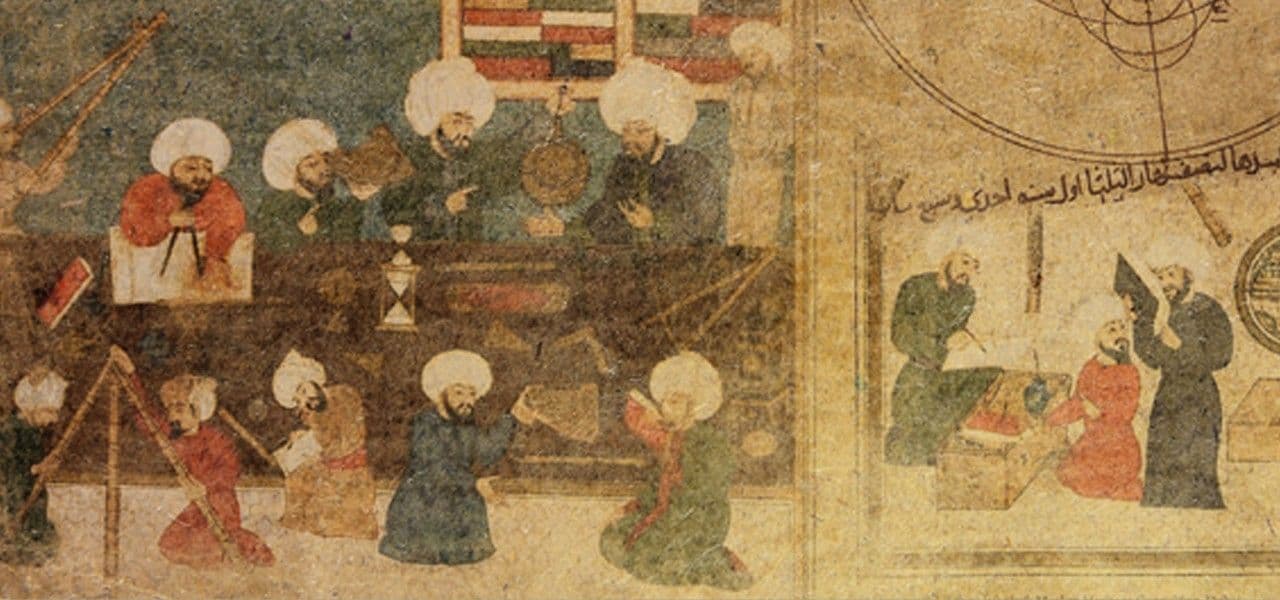Islamic History and Its Impact on Modern Civilization
By Future Rafay
•12/24/2024
•Islamic

Introduction
Islamic history is rich, diverse, and deeply influential on the development of human civilization. From the time of the Prophet Muhammad (PBUH) in the 7th century to the present day, Islam has played a central role in shaping the cultures, societies, and intellectual traditions of the world. The contributions of Islamic civilization to science, art, architecture, philosophy, and politics have had a lasting impact on modern civilization. This blog will explore the key moments in Islamic history and the lasting effects they have had on the modern world.
The Birth of Islam and the Early Caliphates
Islam began in the early 7th century in the Arabian Peninsula when Prophet Muhammad (PBUH) received the first revelation from Allah through the angel Jibreel (Gabriel). The message of Islam, centered on the belief in one God (Allah), and the guidance provided in the Qur'an, spread rapidly throughout the Arabian Peninsula and beyond.
After the passing of the Prophet Muhammad (PBUH), the leadership of the Muslim community passed to the Rightly Guided Caliphs (Rashidun Caliphs), who successfully expanded the Islamic empire across the Middle East, North Africa, and parts of Europe and Asia. This period marked the foundation of the Islamic Golden Age , a time of intellectual, scientific, and cultural flourishing.
Islamic Contributions to Science and Medicine
One of the most significant impacts of Islamic civilization on modern society is its contributions to science and medicine. During the Islamic Golden Age (8th to 14th century), scholars in the Islamic world made groundbreaking discoveries and advancements in various fields, including mathematics, astronomy, chemistry, medicine, and physics.
Mathematics : Islamic scholars such as Al-Khwarizmi are credited with developing algebra, a branch of mathematics that is fundamental to modern science and technology. The word "algebra" itself comes from his book "Al-Kitab al-Mukhtasar fi Hisab al-Jabr wal-Muqabala." Moreover, Arabic numerals, which are still used today, replaced Roman numerals and spread across Europe through Islamic traders and scholars.
Medicine : Islamic physicians such as Ibn Sina (Avicenna) and Al-Razi (Rhazes) made significant contributions to the field of medicine. Ibn Sina's book, "The Canon of Medicine," became a standard medical text in Europe for centuries. These scholars made advances in surgical techniques, the understanding of diseases, and the development of medicines.
Astronomy : Islamic astronomers, including Al-Battani and Al-Zarqali , refined the geocentric model of the universe and developed advanced astronomical instruments such as the astrolabe. Their work laid the groundwork for future astronomical discoveries in Europe.
Islamic Philosophy and its Influence on Western Thought
Islamic scholars played a pivotal role in preserving and transmitting ancient Greek philosophy, particularly the works of Aristotle and Plato . The House of Wisdom in Baghdad, established during the Abbasid Caliphate, was a center for the translation of Greek texts into Arabic. These translations and commentaries by scholars such as Al-Farabi , Ibn Rushd (Averroes), and Ibn Sina helped preserve classical knowledge and introduced it to Western Europe during the Middle Ages.
These scholars also contributed original philosophical thought, exploring topics such as metaphysics, ethics, and logic. Their works had a profound influence on later European philosophers like Thomas Aquinas and René Descartes , who integrated Islamic philosophical ideas into their own intellectual systems.
Islamic Art and Architecture
Islamic civilization is also known for its rich artistic and architectural heritage. The distinctive features of Islamic art, such as intricate geometric patterns, arabesques, and calligraphy, can be seen in the mosques, palaces, and public buildings built during the Islamic Golden Age.
The Dome of the Rock in Jerusalem and the Alhambra in Spain are examples of Islamic architectural masterpieces that have stood the test of time. Islamic architecture is known for its use of domes, minarets, and courtyards, as well as the innovative use of space and light. The influence of Islamic art and architecture can be seen today in many parts of the world, particularly in regions where Islamic empires once thrived.
Islamic Political Thought and Governance
Islamic political thought, which emerged during the era of the Rashidun Caliphate , laid the foundation for the political systems of many Muslim-majority countries today. The concept of Shura (consultation) and Ijma (consensus) became important principles in Islamic governance. These ideas influenced democratic systems in the West, particularly the concept of representative democracy and consultation.
The Ottoman Empire , one of the longest-lasting Islamic empires, had a profound influence on the political landscape of Eastern Europe, the Middle East, and North Africa. The legacy of the Ottoman legal and administrative systems continues to impact the region today.
The Legacy of Islamic Civilization in the Modern World
The influence of Islamic civilization can be seen in various aspects of modern life. From the Arabic numerals we use in everyday life to the scientific principles and philosophies that shape modern thought, the contributions of Islamic scholars continue to play a pivotal role in shaping the contemporary world.
Islamic civilization also played a crucial role in the preservation and transmission of knowledge during the European Dark Ages, acting as a bridge between ancient and modern knowledge. In fields such as mathematics, astronomy, and medicine, the work of Islamic scholars laid the foundation for the advancements that followed during the European Renaissance and beyond.
Conclusion
Islamic history has had a profound and lasting impact on the development of modern civilization. From scientific discoveries to artistic achievements, from political thought to philosophical contributions, the legacy of Islamic civilization continues to shape the world in countless ways. It is important to recognize and appreciate the contributions of Islamic scholars and thinkers throughout history, as their work has enriched human knowledge and helped pave the way for progress in the modern era. The Islamic Golden Age serves as a reminder of the power of knowledge, curiosity, and the pursuit of truth in shaping the future of humanity.
Comments
No comments yet. Be the first to comment!